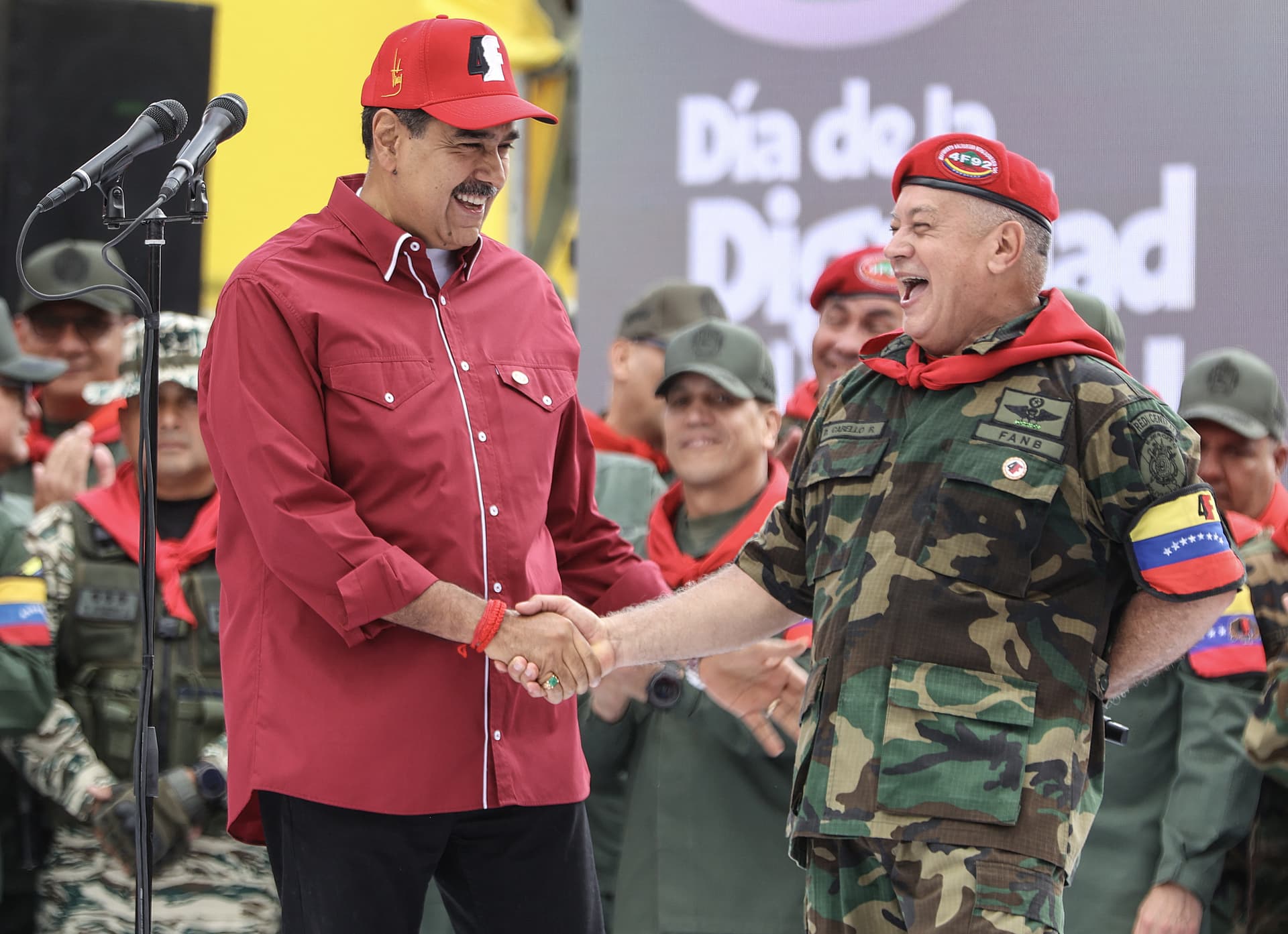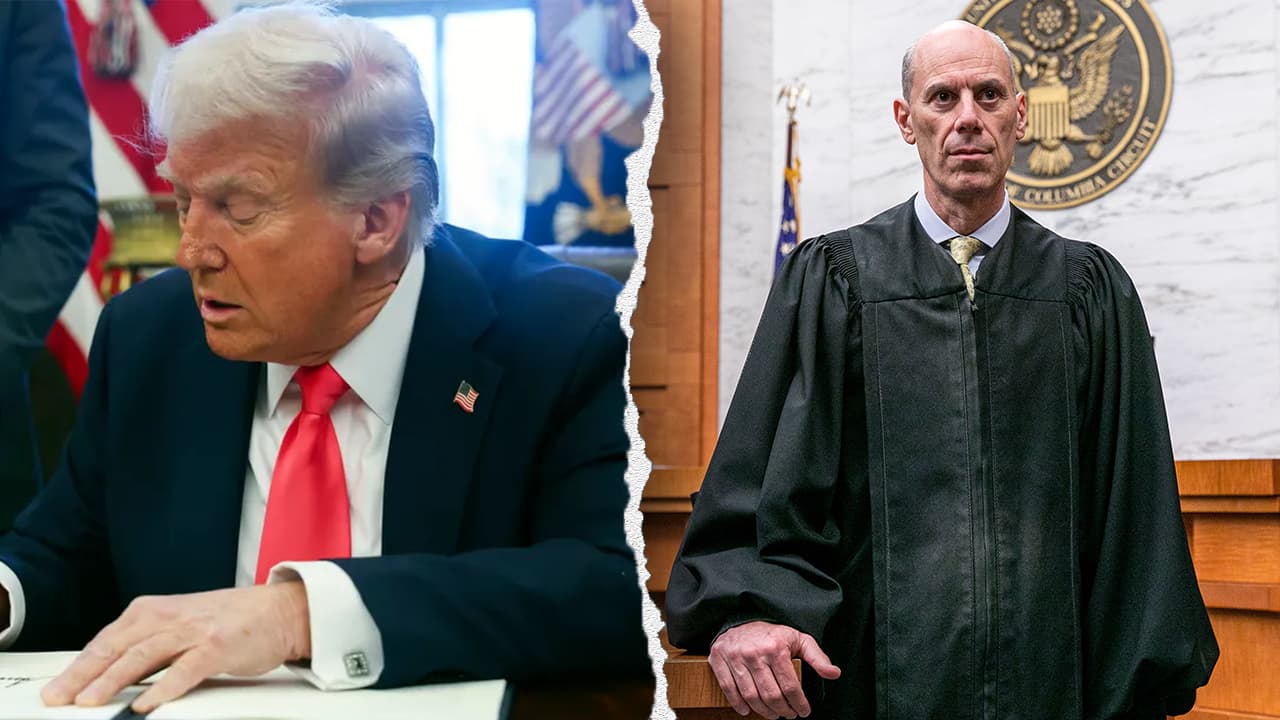U.S. Moves to Designate Venezuela's Cartel de los Soles as Terror Group
The Trump administration announced today that it will designate the so called Cartel de los Soles as a Foreign Terrorist Organization, escalating pressure on President Nicolás Maduro and officials accused of drug trafficking. The step could expand sanctions and operational authorities while carrying important consequences for humanitarian aid, public health, and communities across the region.

The Trump administration announced on November 24, 2025 that it will designate the so called Cartel de los Soles as a Foreign Terrorist Organization, a legal move aimed at expanding U.S. tools to target what officials describe as an umbrella network of high ranking Venezuelan military and government figures allegedly involved in drug trafficking and violence.
U.S. officials said the designation is intended to leverage sanctions and criminal penalties to disrupt the network, and to justify a broader campaign of pressure on President Nicolás Maduro and his circle. The announcement follows previous U.S. indictments and a recently increased reward of fifty million dollars for information leading to Maduro’s arrest, and comes as U.S. military assets in the Caribbean have been shifted amid the campaign.
The designation will bring with it sweeping measures under U.S. law. Those measures typically include blocking of assets, criminal exposure for material support, and travel and financial restrictions on designated entities and individuals. U.S. officials say such tools are necessary to squeeze illicit revenues and to weaken groups that traffic drugs and perpetuate violence across borders. Analysts caution, however, that the term Cartel de los Soles has long been used as a catchall label that may describe a loose network of corrupt officials rather than a centrally organized cartel in the conventional criminal sense.
Public health experts and humanitarian planners say the consequences of the move will extend well beyond law enforcement. Drug trafficking and related violence have direct health impacts in producing and transit countries, contributing to addiction, overdoses, and trauma. In Venezuela itself, years of economic collapse and corruption have already hollowed out health systems, and tighter sanctions and operational pressures risk further disrupting access to medicines, medical supplies, and health services for ordinary Venezuelans.
Humanitarian operations face a particular dilemma. Measures intended to cut off illicit flows can unintentionally impede legitimate aid when banks and suppliers refuse to work in sanctioned environments, or when implementing partners fear legal exposure. Neighboring countries absorbing migrant flows may see increased strain on clinics and social services, exacerbating infectious disease risks and mental health burdens among displaced communities. The poorest and most marginalized Venezuelans, who have limited capacity to weather economic shocks, are likely to bear the greatest burden.
The U.S. action also raises diplomatic and political questions for the region. Designation of state linked actors as terrorists complicates future negotiations or transitions, and could harden domestic supporters of the Maduro government. Some analysts argue that criminalizing members of a country's security apparatus without clear post designation engagement plans risks further entrenching illicit economies and prolonging instability.
Policy makers face a choice between tougher enforcement and careful safeguards to protect humanitarian access and public health. To prevent unintended harm, experts recommend clear exemptions for aid, enhanced oversight to ensure relief reaches civilians, and coordination with regional partners on migration and health responses. As Washington moves to expand its toolbox, the human consequences of that strategy will be measured not only in arrests and asset freezes, but in the capacity of communities across Venezuela and the region to access care and rebuild trust in institutions.


